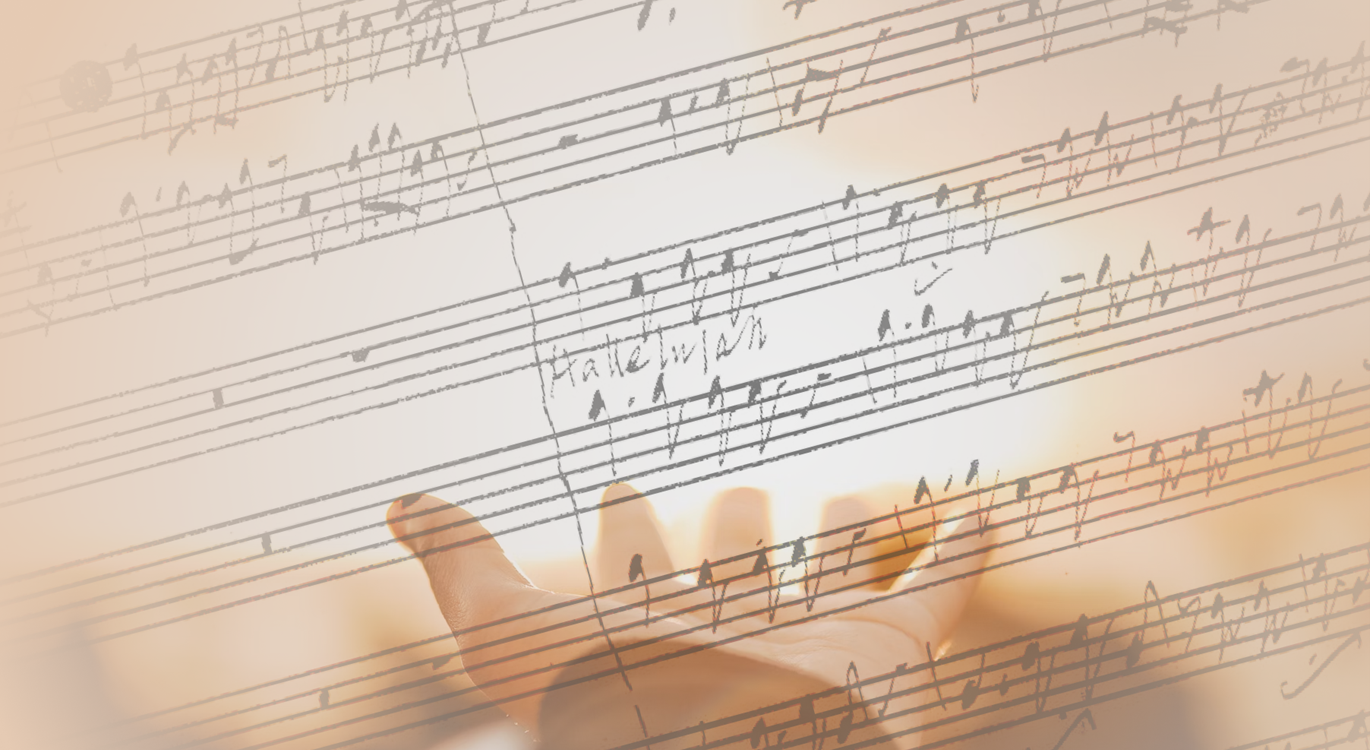While often associated with Christmas, it is even more closely linked with Easter. Its first performance was in Dublin at that time of year – on the 13th April 1742. Handel’s masterpiece has been performed at London’s Royal Albert Hall every year on Good Friday – other than breaks for the Blitz and COVID-19 – since 1876.
Easter is entirely fitting for a piece of music that speaks with such elegant poignancy about the suffering Jesus Christ experienced at the crucifixion. Examples include: “Surely He hath borne our griefs, and carried our sorrows. He was wounded for our transgressions, He was bruised for our iniquities: the chastisement of our peace was upon Him.”
For me, there is something more wonderful than the words and more moving than the music. If we look behind the lyrics compiled by Charles Jennens, we find that the words are mainly based on more or less direct quotations from the Bible. The idea of using biblical language to describe events might not, on the surface, seem overly remarkable. What is astounding is that some of the words quoted in Messiah were first written hundreds of years before Jesus Christ came into the world!
For example, “He gave His back to the smiters, and His cheeks to them that plucked off the hair” (from Isaiah 50:6) and “All they that see him laugh him to scorn and shake their heads saying He trusted in God that He would deliver Him” (from Psalm 22:7-8).
These and many other verses in the Bible have a prophetic precision about the events that were to happen at the cross and give a confidence that the Bible is truly – as it claims to be – the Word of God. So, when the Bible speaks in great love of the purpose of Christ’s suffering being that “He was wounded for our transgressions” (Isaiah 53:5) we can rest with confidence that God will forgive us our wrong if we will turn to Him from our sin.
We can also have confidence regarding the reliability of the Bible’s message because of the resurrection of Christ. “For now is Christ risen from the dead” is a great truth in the oratorio which is quoting the Bible directly – from 1 Corinthians chapter 15 verse 20. A risen Saviour has the ability to give everlasting life to all who come to Him in faith. With such reliability associated with the promises of the Bible, it is very fitting that with spine-tingling power the crescendo of “King of Kings, Lord of Lords” resounds and the coming glory of Christ is anticipated.
There is a tradition at the end of Part Two of Messiah that everyone stands for the “Hallelujah chorus”. It is truly memorable to join in the singing among a huge crowd. But then, after Part Three, the performance is over and everyone dutifully files out of the venue.
Can I ask you a question? Even more significant than one such as, “where is the greatest place you’ve listened to Messiah being performed?” is the question of whether you will one day sing the praises of the true Messiah in heaven?
Tickets are not for sale but the offer is available to all. No previous singing experience is necessary. The venue will be the greatest in the universe and there will be no closing curtain for the praise of Christ who will reign “for ever and ever”.
Trust the Lord Jesus as your Saviour today, believing that through His death your sins are forgiven, and by His resurrection you will have eternal life. You can then join with many who have rejoiced in the words in the closing section of Messiah, “I know that my Redeemer liveth, and . . . in my flesh shall I see God” (Job 19:25-26) and “thanks be to God, Who giveth us the victory through our Lord Jesus Christ” (1 Corinthians 15:57).
































